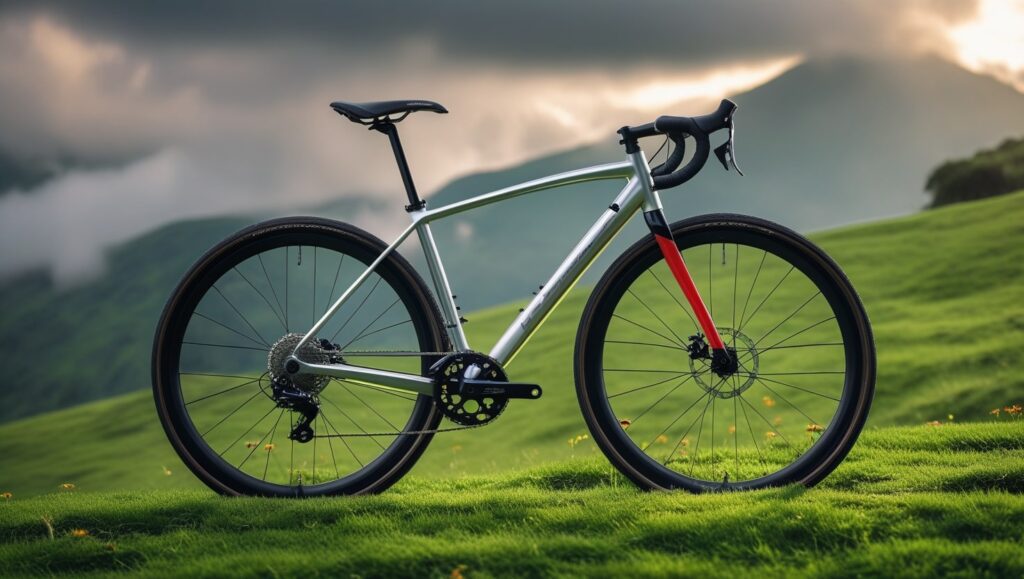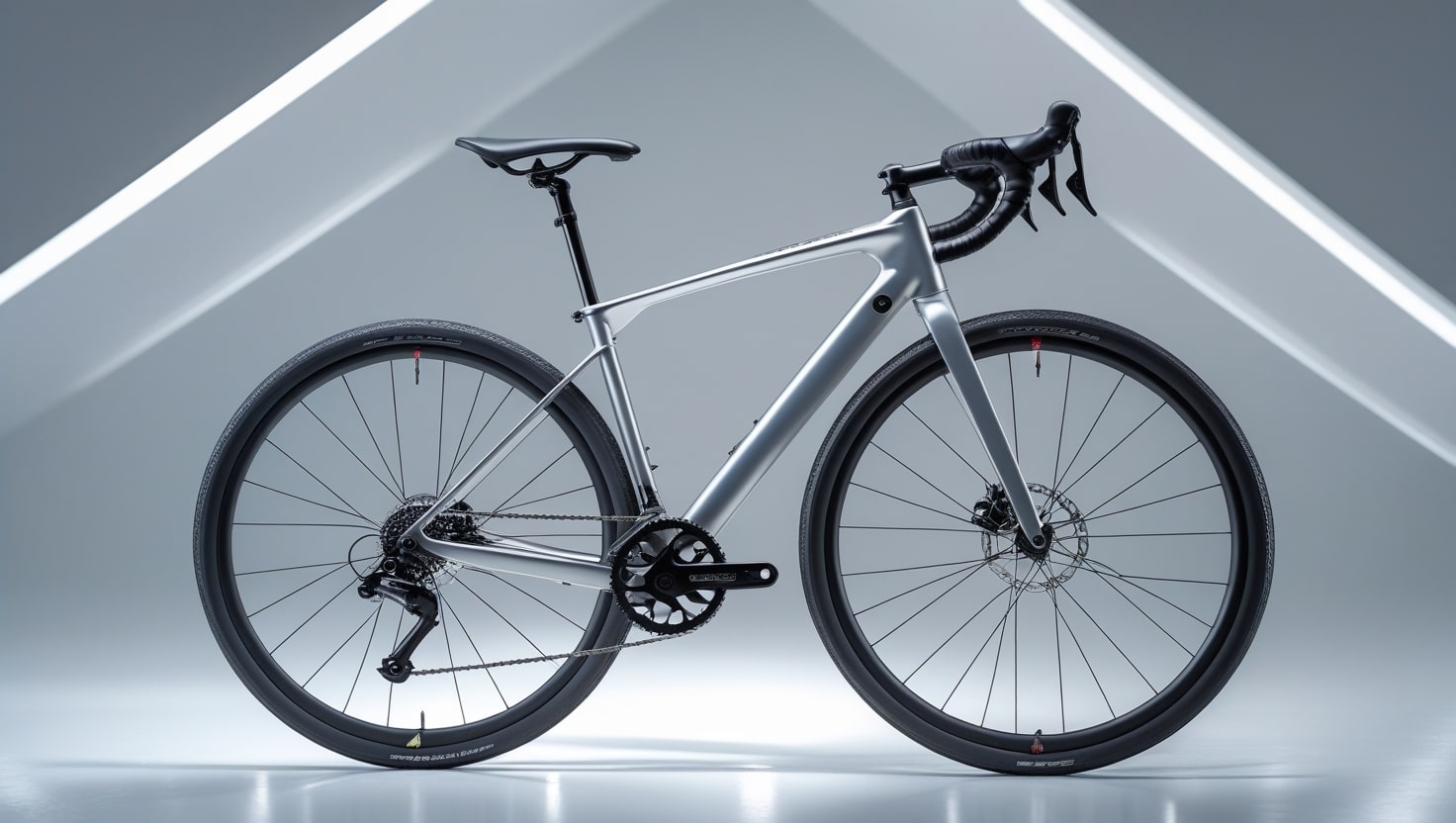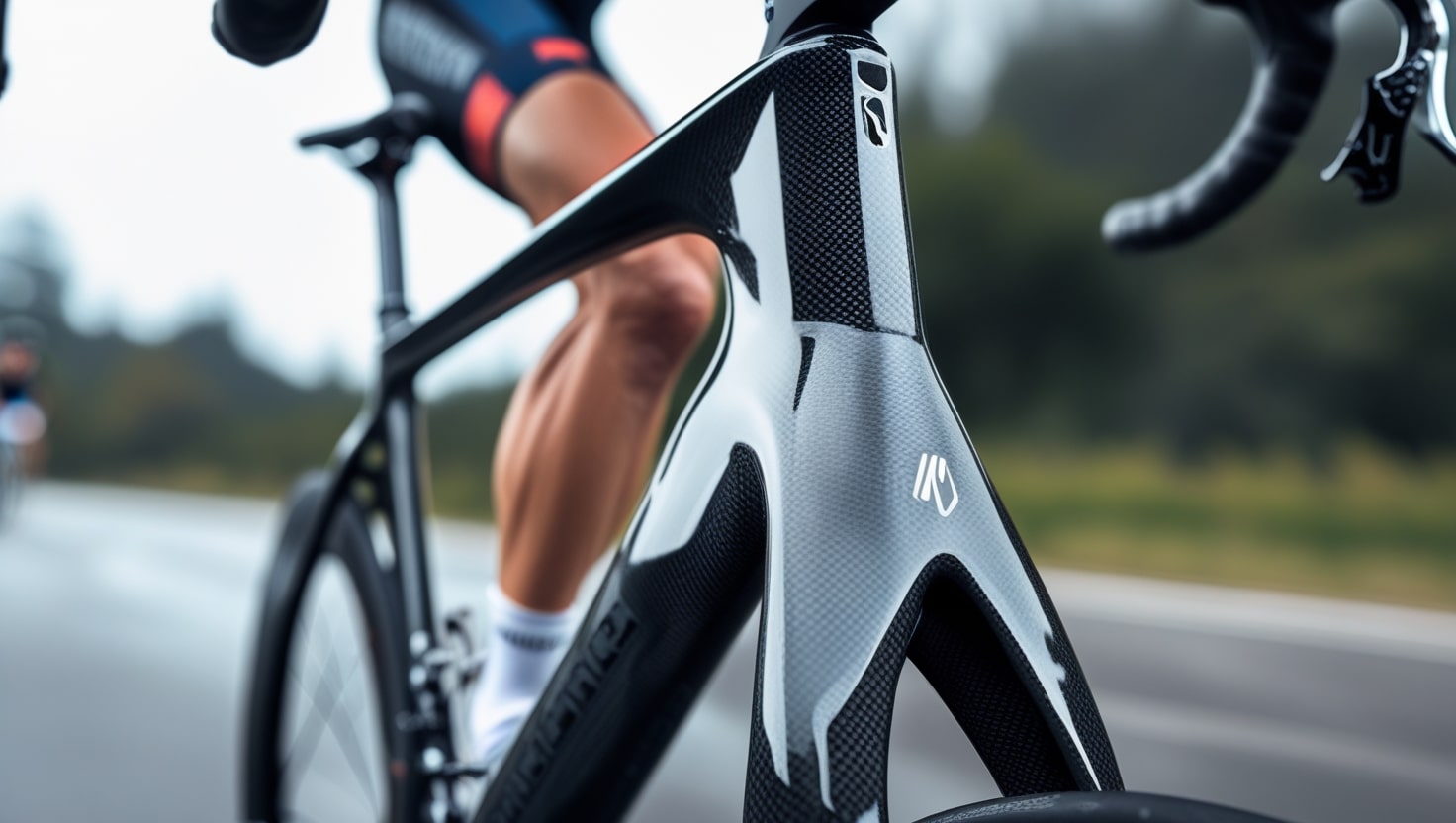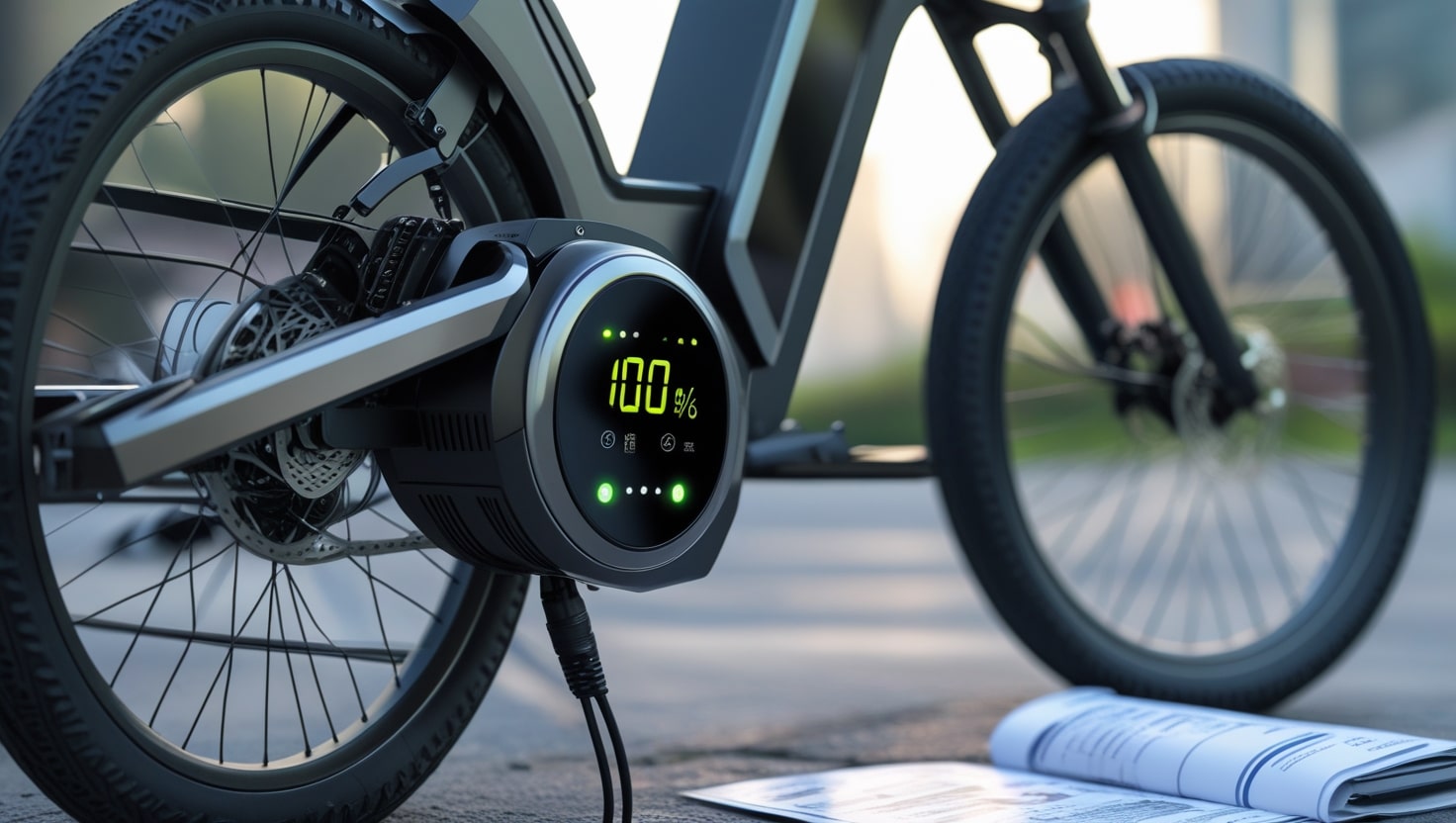Having tested a wide variety of bikes over the years, I’ve seen firsthand how the popularity of the electric bike vs hybrid bike debate has continued to grow. With so many models now available, it’s becoming more challenging for people to distinguish between types—especially when both options appear as a modern alternative to traditional bicycles. This article aims to compare the most common features of electric and hybrid bikes by shedding light on their benefits and differences, which have only become more prominent with the increasing interest in eco-friendly commuting.
Hybrid Bikes

When I switched from an electric to a hybrid bike for daily commutes, I noticed how well it handled a combination of city streets and park trails. Hybrid bikes are especially popular among riders who want the benefits of both road and mountain biking without going to extremes. Their lightweight frame and narrower tires (compared to mountain models) offer a relaxed riding position perfect for longer trips. The flat or curved handlebars, along with flat pedals or a small platform, give more control and comfort. I’ve even added accessories like fenders, kickstands, pannier bags, and racks to mine—these styles make hybrid bikes truly versatile for any ride.
Electric Bikes

After spending months alternating between hybrid and electric bikes, I can say that e-bikes truly stand out when the goal is to go further, ride faster, and arrive less tired or sweaty. What makes riding more enjoyable is the smooth assistance provided by a quiet electric motor and long-lasting battery, which reduces the effort needed to pedal. These pedal-assist machines are not only easier to use on daily commutes but also come in many types—from commuter and road bikes to cargo, touring, and even mountain variants. No matter your route, there’s likely an electric bike available that fits your needs as a rider.
Related: Do Bikes Have Weight Limits?
What is the difference between an electric bike vs hybrid bike?
One clear difference I’ve noticed while testing both electric and hybrid bikes is how they manage power. Hybrid bikes depend entirely on the rider’s pedaling, making them better suited for short city rides or flat terrains. On the other hand, electric bikes offer selectable levels of assistance through an onboard computer typically placed near the handlebars, which mounts easily and feels intuitive.
This extra assistance can be a game changer for riders tackling challenging terrain or long distances where you’d otherwise feel exhausted. Plus, e-bikes are often more eco-friendly than traditional vehicles, producing less noise and pollution—something I personally appreciate during my daily commute.
Another practical difference is the weight and design. Hybrid bikes typically weigh less and have thinner, less robust frames because they don’t have a motor or battery. While this makes them quick and nimble, it also means they may not be suitable for tougher terrains. In contrast, the added components of electric bikes do increase their weight, but this tradeoff brings real beneficial support when you’re facing steep hills or unpredictable routes.
Which bike is suitable for commute to office ?
When I had a long commute to the office, I found that an e-bike was the most suitable choice. It was not only eco-friendly—saving fuel and reducing my carbon footprint—but also made riding more manageable thanks to the electric support. Especially when returning home after work, avoiding the drain on energy from pedaling a human-powered cycle over long distances felt like a blessing. If your aim also includes fitness purposes, an electric bike allows you to ride farther without overexerting yourself, making it a smart and balanced option.
However, for short city rides or when health is a priority, I’ve personally enjoyed the simplicity of a non-electric hybrid bicycle. It’s the best way to burn calories naturally, especially if your schedule is too busy to fit in a workout. With regular trips to the office, you can improve your health and make the most of your time. The bikes in this category are lightweight, affordable, and a suitable daily companion for anyone looking to stay active. In my experience, it’s a possible win-win when you turn your daily routine into a consistent fitness boost.
Which Bicycle is most suitable for Fitness and Health purpose?
For anyone focused on health, fitness, or weight loss purposes, a hybrid bike is the better option compared to an e-bike. Through consistent cycling and pedaling, I’ve seen how quickly one can burn calories and support fat loss goals. In fact, some of our customers using the Hybrid Bike Hampi Series reported incredible results—one rider even lost 30kg just by regularly riding the cycle. The key is to ride often and let your weight be managed naturally through effort, making the hybrid model a perfect fit for health-conscious individuals.
Conclusion
From my own riding experience, choosing between a hybrid bike and an electric bike really depends on your preference, lifestyle, and intended use. If you value comfort, a natural balance between performance and ease, and plan to cycle in mixed terrains, a hybrid might suit you well. But for those wanting extra assistance during the ride, especially over mountain, road, or longer commuter routes, e-bikes offer an efficient, highly enjoyable way to get around.
I’ve tested a number of models, and the Scooteretti lineup—which includes options for luxury touring, freight, and commuting—offers a more enjoyable ride. Whether you’re eyeing a rugged trail or smooth pavement, there’s a choice for every personal need.








